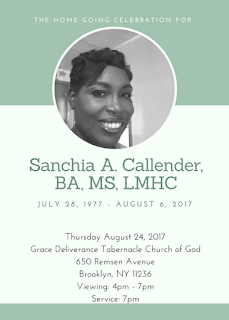Autistics Speak for Themselves
Cross posted at Say Anything: Reader blogs.
This is just a small portion of the address by the president of the Autistic Self Advocacy Network (ASAN) on World Autism Day at the Florida Autism Task Force's inaugural meeting. It stands in stark contrast to the way that other advocates speak about autism and autistic individuals.
This is just a small portion of the address by the president of the Autistic Self Advocacy Network (ASAN) on World Autism Day at the Florida Autism Task Force's inaugural meeting. It stands in stark contrast to the way that other advocates speak about autism and autistic individuals.
The autism spectrum is broad, diverse and subject to many stereotypes. Just as we work to combat generalizations about racial, religious, national or other minorities, it is only right to avoid a stereotyped view of autism. There are speaking and nonspeaking people on the autism spectrum; people currently capable of living independently and holding competitive employment and those with more significant support needs before those goals are conceivable to them. There are those of us who have held diagnoses since childhood and those of us who were identified later in life, serving to correct an inaccurate previous diagnosis that had placed us in the wrong educational or service-delivery infrastructure. To claim, as some continue to do, that we on the autism spectrum are all incapable of speaking for ourselves is an ignorant and damaging falsehood. Equally harmful is the idea that autistic people are all geniuses or savants, with Rain Man-esque abilities. As someone with an autism spectrum diagnosis myself, I hope to address some of these misconceptions, explain a bit more about our community and inform those assembled here today about the public policy priorities – and concerns – of the autistic self-advocacy movement. In doing so, I hope to communicate to you that, contrary to the unfortunate paradigm that has pervaded the media discourse about us, autism is not a tragedy. We are, as with any other minority, a community with unique needs, strengths, challenges and aspirations that are often distinct from the parent or professional voices that speak about us, without us. The true tragedy is the persistent discrimination, abuse and lack of access that continues to govern society's approach to us. On this, the first ever World Autism Day, we assert that it is this prejudice – not autism itself – that we have a true interest in combating, in the interest of ensuring for every person the rights of communication, inclusion, self-determination and respect.


Comments
Post a Comment